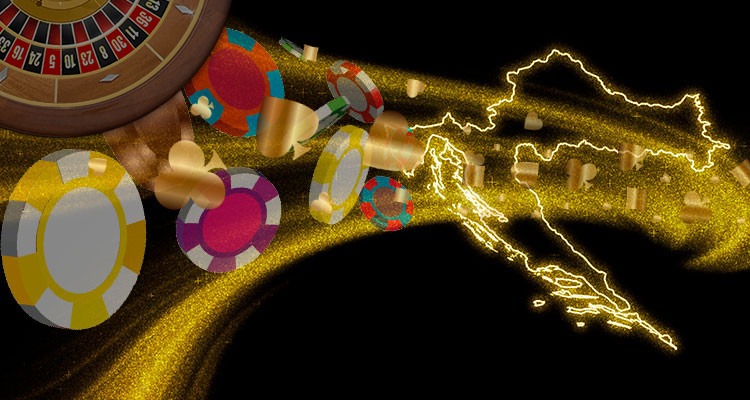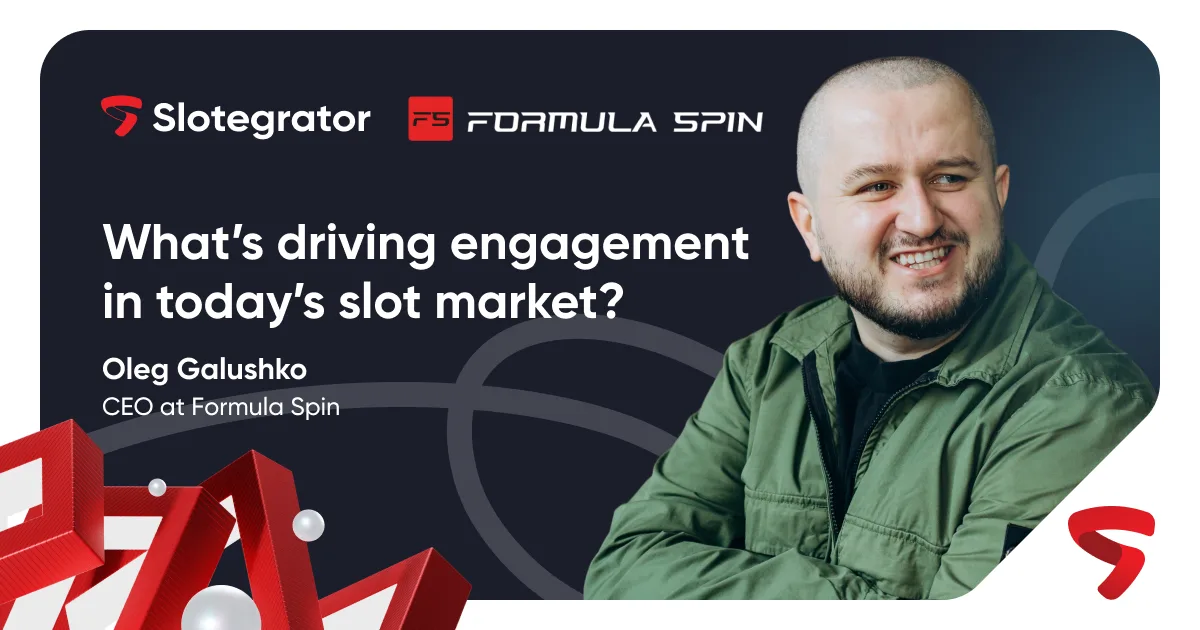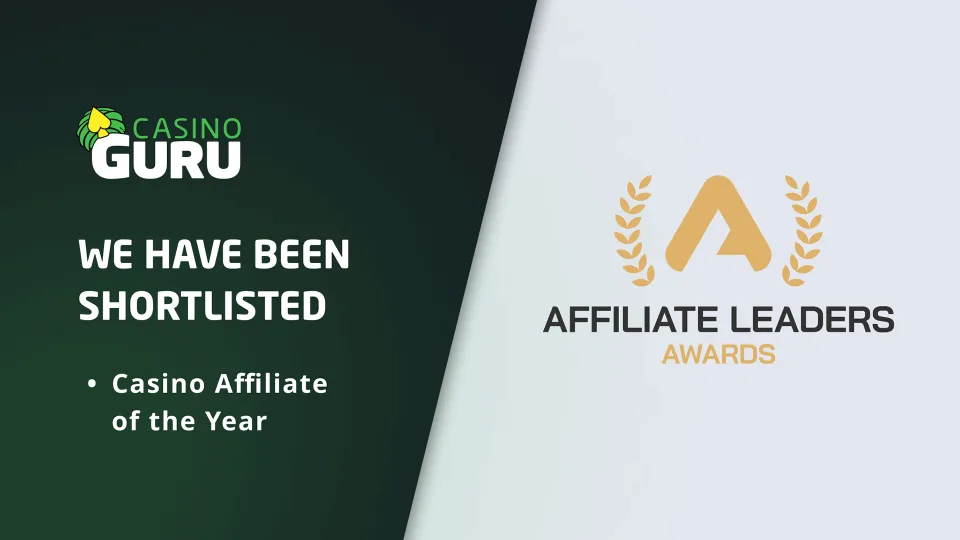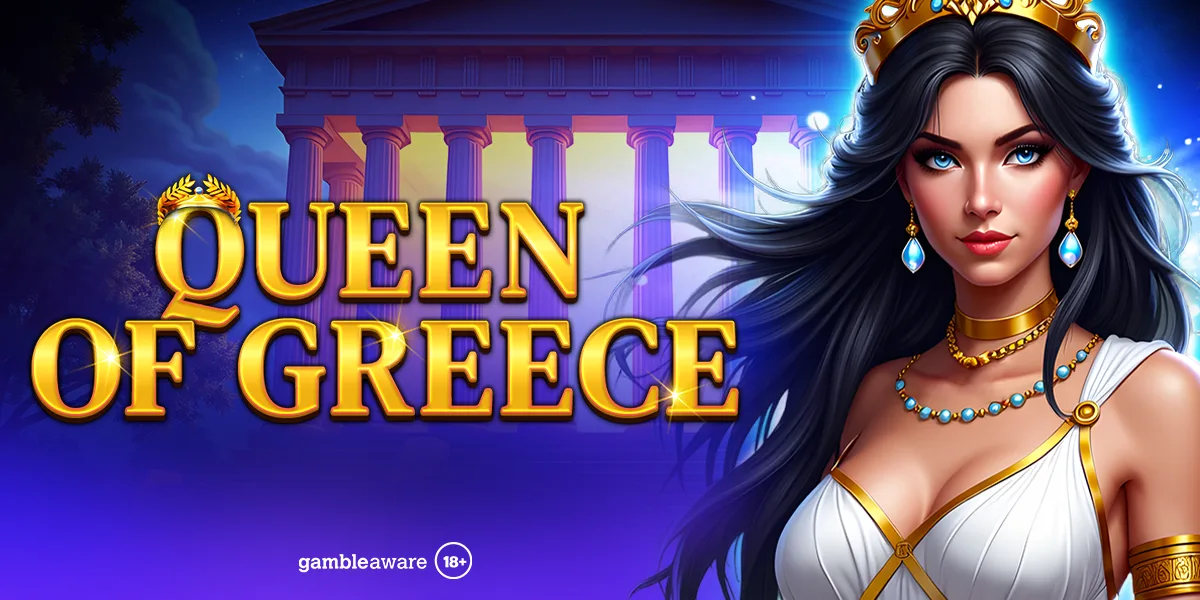Croatia has one of the most favorable conditions for gambling operators. Known for its liberal gambling laws, the online gambling market of Croatia attracts casino and betting companies from all over the globe.
You may wonder: is gambling legal in Croatia? In fact, Croatia regulates both online and offline games or chance. As tourism is the main income source for many Croatians, the land-based casino resorts are extremely popular there.
In 2017, the local gambling sector generated a record HRK2 billion (nearly EUR270 million), which indicates that this region has colossal growth potential. However, high licensing fees and the requirement to open a brick-and-mortar gambling venue to get an operational permit from the local Ministry of Finance are two main factors that keep gambling ops from entering the Croatian market.
Read this Login Casino article to know more about the Croatian gambling market and whether it is worth getting a gambling license in this country.
Gambling history in Croatia
Throughout most of the 20th century, Croatia was a part of the Yugoslavian Socialist Republic. And gambling was heavily restricted there. Betting on sports was allowed only in state-owned kiosks, and forecasts on the sport were the only allowed gaming vertical.
Back in the 1960s, Croatia also was one of the few Eastern Block countries that legislated and regulated the gambling sector. However, the government had a monopoly on gambling in Croatia.
When the country gained independence in 1991, the so-called tourist gambling boomed, causing massive growth of the gambling sector overall. Many casinos opened in the large Croatian hotels, especially in the coastal areas.
Shortly after, the independent Republic of Croatia legislated betting on sports as well, allowing private firms to enter the Croatian gambling market. Sport Tip and Prva Sportska Kladionica were the first to launch sportsbooks in the region. Now, these two companies dominate the wagering market of Croatia.
Before 2009, Hrvatska Lutrija has had a monopoly in the gambling market. But in 2010, the Games of Chance Act ended the government monopoly on gambling and made the online casino industry in Croatia legal.
Shortly after joining the European Union in 2013, the Croatian government revised the gambling law. The new gambling act came into force on January 1, 2015.
Structure of gambling in Croatia
The gambling industry of Croatia is divided into offline and online sectors. Locals can participate in the lottery, casino, slot, poker, table games, and sports betting. The state-owned gambling company Hrvatska Lutrija operates among the private games of chance providers. Previously the state operator was responsible only for lottery games, but now it also offers to bet on sports, casinos, or slot games. Keep reading to find a more detailed review of the Croatian gambling sector.
Resort casinos
As the tourism sector dominates the Croatian economy, casino integrated resorts are widely popular in the country. Currently, there are 12 resort casinos in Croatia, which offer players various slot and table games.
Lottery
Hrvatska Lutrija (Croatian Lottery), the country’s National Lottery, has a monopoly on this form of gambling. The other games of chance – casinos, sports betting, and slots – can be provided by private ops.
The company offers a variety of games, such as:
- bingo;
- EuroJackpot;
- Keno;
- Loto 6/45;
- 7/39, Jocker;
- Loto 7;
- Brzih 35, etc.
Croatians over 18 years of age can buy lottery tickets online or at the press and lottery kiosks.
Slots
Croatians can engage in slot gaming either on online casino sites of Croatia or at so-called automat klubs. These slot halls are very popular and are spread across Croatian cities.
Sports betting
Betting on sports events has recently become very popular among Croatians. Local company Prva Sportska Kladionica (a subsidiary of Hattrick PSK) currently dominates the Croatian bookmaking market and operates a network of betting offices.
iGaming
Online gambling has been legal in Croatia since 2010, and the market has been growing at extensive rates. Mobile casino gaming is especially popular.
Many online casinos and sportsbook ops have entered the market in the past ten years. State-owned operator Hrvatska Lutrija also offers its services online. Besides, some land-based casino resorts also launch their mobile apps or gambling websites. But many Croatians still gamble offshore, as the annual licensing is too high for some companies to pay.
Gambling laws and regulations in Croatia
The Gambling Act of January 2015, or Zakon o igrama na sreću, is the main regulatory document in the field of gambling in Croatia. Both offline and online games of chance are legal in this country. More specifically, the law regulates the following forms of gambling:
- lottery games (bingo included);
- games of chance with an instant win (instant lottery, scratch cards, casino games);
- betting on sports;
- video poker and slot machines.
The main regulatory body in the gambling niche is the Ministry of Finance, which governs licensing and taxation of games of chance providers.
The legal gambling age in Croatia is 18 years. Before entering a brick-and-mortar casino, all players have to present a valid ID to confirm their age.
According to the Act, the Croatian government has the exclusive right to organize gambling activities. However, the Ministry of Finance can transfer that right to private companies and non-profit organizations as well.
Licensing system
To provide gambling services in Croatia, a company has to apply for a license from the Ministry of Finance and win a tender. The Croatian government limits the total number of casinos that are allowed to operate in the state. Currently, the maximum number of casino ops is capped at 20.
Online gambling companies can apply for a Croatian gambling license only if they run a land-based casino in the country. However, as Croatia is the member state of the European Union, it doesn’t block casino websites of the companies registered in the EU.
Firms also have to provide the following information:
- info about the company – headquarters address, list of owners, and copies of their IDs;
- documents that confirm the sufficient start-up capital and reliable information about the origin of these funds;
- certificates of criminal records for authorized persons.
Foreign operators also need to provide proof of a tax clearance in the country of their registration.
The Ministry of Finance issues gambling licenses for 15 years and can revoke the permit in the following cases:
- bankruptcy of an operator;
- the operator provided false information in his application;
- breach of the contract;
- the operator failed to meet technical requirements;
- operator commenced his activity before the dates set by the Ministry;
- no signs of activity on the dates set by the Ministry;
- absence of bank guarantees in a sufficient amount;
- operator makes changes in the company structure
Additionally, online gambling ops have to pay a heavy licensing fee of HRK3 million (around EUR400k) every year. The operators are also required to have the same sum in reserves to cover winnings. That’s why a large number of gambling companies refused to enter the Croatian market, constraining its growth. For land-based gambling venues, the cost of a license is HRK500k (around EUR66k).
To get a permit for a slot hall, an operator has to have a share capital of at least HRK2 million. The company is also required to have a bank guarantee, the size of which depends on the number of slot machines:
- 31-60 machines – HRK500k;
- 61-90 – HRK700k;
- 91-120 – HRK900k;
- 121-150 – HRK1.1 million;
- 151-180 – HRK1.3 million;
- 181-210 – HRK1.5 million;
- 211-250 – HRK2 million;
- over 250 – HRK5 million.
Plus, companies are required to pay an annual fee of HRK10k for each shot machine.
The Ministry of Finance also requires all gambling companies to present a business plan at the end of every year and send monthly operational reports.
Taxing system
According to Croatian online gambling laws, all operators have to pay a certain % of their turnover to the government. The exact tax rate depends on the form of gambling activity the company is licensed to provide:
- lottery and sports betting – 5%;
- casino games – 15%;
- slots – 25%.
The winnings from games of chance are also subject to tax in Croatia. The tax rate depends on the monetary value of the prize:
- up to HRK10 000 – 10%;
- HRK10 000 – HRK30 000 – 15%;
- HRK30 000 – HRK50 000 – 20%;
- over HRK50 000 – 30%.
Gambling regions in Croatia
As a centralized republic, Croatia has uniform gambling laws, which are the same for all regions. Most casinos are located in the Croatian capital – Zagreb. There are also integrated casino resorts in Buje, Dubrovnik, Makarska, Osijek, Porec, Pula, Split, and Zadar.
Slot halls can be found almost in any Croatian city, but most venues are located in Zagreb, Split, and Zadar.
The following cities also have one shot hall in each:
- Senj;
- Sabomor
- Rovnij;
- Beli Manastir;
- Sinj;
- Sisak;
- Solin;
- Valpovo;
- Velika Gorica;
- Vinkovci;
- Virovitica;
- Vukovar;
- Zabok;
- Umag;
- Petrinja;
- Primosten;
- Knin;
- Buzet;
- Cepin;
- Delnice;
- Duga Resa;
- Gospic;
- Hvar;
- Imotski;
- Ivanec;
- Jastrebarsko;
- Koprivnica;
- Porec;
- Krapina;
- Kutina;
- Ludbreg;
- Mali Losinj;
- Matulji;
- Nasice;
- Nova Gradiska;
- Ogulin;
- Omis;
- Ploce;
- Zlatar-Bistrica.
Preferences of Croatian gamblers
According to the most recent market research, the lottery raffle is the most popular gambling activity in Croatia. However, in the last few years, sports betting has risen to prominence as well. Currently, top-3 online wagering sites are:
- Bet365;
- BetRadar;
- Bet-At-Home.
The state-owned operator Hrvatska Lutrija and its subsidiary Prva Sportska Kladionica are also popular among Croatian players.
Slot machines are also widespread in the country. According to Hrvatska Lutrija, the most popular automats are:
- Retro Reels Extreme Heat;
- Retro Reels;
- Gold Factory;
- Break da Bank Again;
- Startlight Kiss;
- Break da Bank;
- Reel Gems;
- Adventure Palace;
- Mermaids Millions;
- Joker 8 000.
Future of the online gambling sector in Croatia
Gambling and, namely, the online casino market of Croatia bears a high potential for development. However, there are many concerns about gambling addiction, especially among the younger population. The 2017 study found out that nearly half of Croatians older than 15 have engaged in lottery raffles, and every third person took part in the contests with prizes after purchasing specific products. 25% of the Croatian citizens took part in the prize contests launched by the printed media. Besides, every seventh person has placed a bet at least once.
At the same time, strict licensing requirements and hefty fees that gambling ops have to pay can constrain the growth of the gambling sector. Many experts believe that the Croatian gambling authority needs to wind down its licensing requirements to attract more foreign games of chance providers. The Ministry of Finance is reportedly working on a new project that will allow foreign online gambling ops to legalize their operations in the region.
So, if the gambling laws in Croatia become more relaxed, the iGaming industry will have more than ever chances to expand. And digitalization and innovations in the gambling sphere contribute to this growth.
Read more: Open Banking for Gambling















